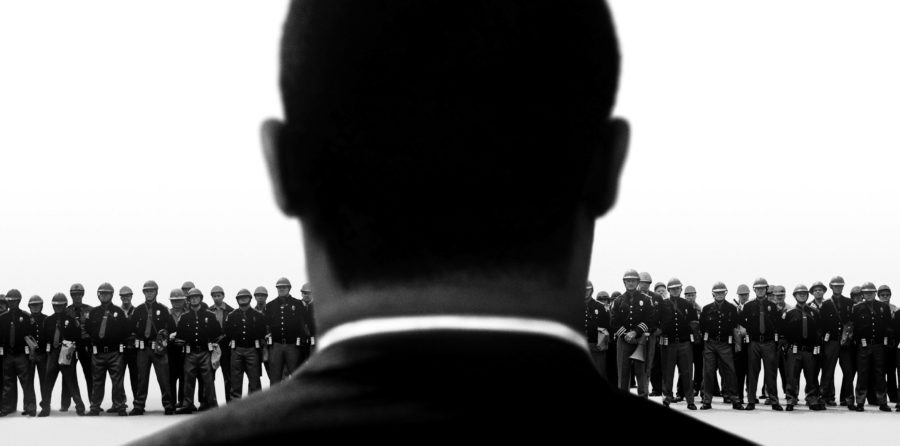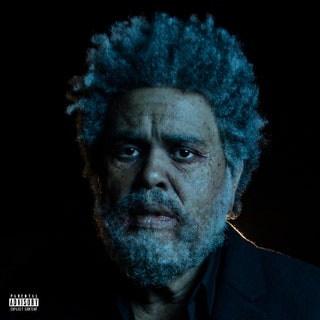Historical drama “Selma” came out of its first weekend at a little over $11 million, a far cry from Eastwood’s “American Sniper” debut, which blew apart the box office at $60 million.
However, the film has proven to be more than the sum of its ticket sales, as it’s been met with universal acclaim for its raw performances and emotional delineation of the Civil Rights struggle in 1964 Alabama.
The film currently maintains a 99 percent rating on Rotten Tomatoes, a full head higher than most other films now in theaters, including the record-shattering “American Sniper.”
However, it has been snubbed. Giving it two nominations, only one being a main category, the 87th Academy Awards has panned the film considerably, inciting some serious head-scratching among critics. “Selma” enthusiasts everywhere ask, “What gives?”
At this moment, Americans are piling into theaters to watch other Americans snipe the daylights out of non-Americans. And sometime in the past, not too long ago and only one state away, Martin Luther King, Jr., marched with many, many more, unarmed and ready to face those too full of hatred to embrace a desegregated world.
It would seem there is hardly a safe space for discourse regarding treatment of race. The world of social media reels in the wake of “American Sniper,” with thrown-about racial slurs tightening the tension that surrounds the ideals that “Selma” attempts to advocate.
Despite all its heart, quality, execution and what-have-you, “Selma” didn’t quite bring on what the Academy committee wanted.
While the box office numbers point to objectivity and general lack of interest as the culprits of the film’s snubbing, there were some technicalities speculated to have been involved.
According to The Wrap, director Ava DuVernay has not been given any credit in writing the film’s script, despite her wide range of contributions that includes rewrites of King’s speeches due to never acquiring the rights to the originals. Screenwriter Paul Webb was given the credit of writing the movie as a result of a contract.
To me, it seems that the screenplay squabble was a petty reason to disregard the movie’s reflective and masterfully delivered writing.
The film debuted shortly after a zenith of racial controversy concerning the Ferguson incidents, Eric Garner’s murder and other tragedies. To have a film about Civil Rights shot down despite its overwhelmingly positive critical reception seems like another chance to give white actors and filmmakers the spotlight, while overlooking serious American issues.
Further, there was the matter of the movie’s interpretation of Lyndon Johnson, the president who collaborated with King to change voting laws. Criticism was dealt on his blunt portrayal of Johnson as a bit of a dirtbag and reluctant ally while it is widely held that he was a willing player in King’s fight.
There are critics who find this dynamic to be an outrage. Johnson, as well as any white person, should be celebrated and respected when they stand with their black allies, right? Well, hardly, as the conflict depicted by the movie is not about white people, and the Civil Rights movement was never about the feelings of white people. In short, it shouldn’t matter what Johnson had to say to King.
What matters is black Americans making a stand against institutionalized racism.
Black filmmakers and actors had the chance, however slim that chance might have been, to have their voices heard among the disorienting rabble of white voices. But that prospect has been dismantled by a few seemingly socially unaware committee members.
As Lyndon Johnson said in 1965, “There is no Southern problem. There is no Northern problem. There is only an American problem.”































